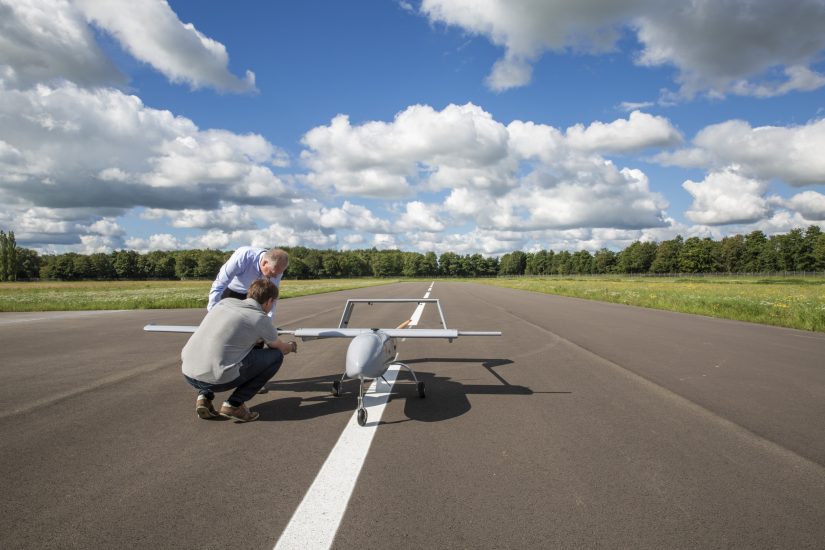Dutch research agency Royal NLR has developed a methodology to structure and assess the collected technical rules, standards and procedures for drone-related businesses in Europe. The methodology and criteria for standards assessment enables the identification of the technical standards (and supporting rules and procedures) with the highest ranking (best practices), as well as the identification of gaps and bottlenecks to ensure safe drone operations.
Project partners:
Industry: NTT Data (overall project lead), Boeing, Jeppesen, CATEC, Airbus, EHang, AirHum, Space53, Altitude Angel.
Research organisations: Royal NLR (demo project lead), ITG, Enaire, Tecnalia, Ineco, ANRA, Cranfield University.
The activity is in response to a lack of harmonised standards, both at a global level and in Europe, says NLR. The project aims to address this gap by providing a framework for harmonising drone standards, to support the ongoing EU regulatory process through an open repository containing structured information about technical rules, procedures and standards for drones worldwide, including applicability to different Specific Assurance and Integrity Levels and U-Space services.
NLR says the overview of standards, identification of best practices, gaps, bottlenecks and applicability, will support development of a well-reasoned set of standards to support the SORA process and U-Space. The work involves engaging with key stakeholders and end-users, i.e. representatives of the entire drone value chain.
Case studies and assessments focus on standards for multi-crew coordination and inspection of the UAS (product inspection), to ensure consistency in the ConOps and overall consistency throughout the various assessments. NLR is providing the final recommendations to EASA.
For more information:




